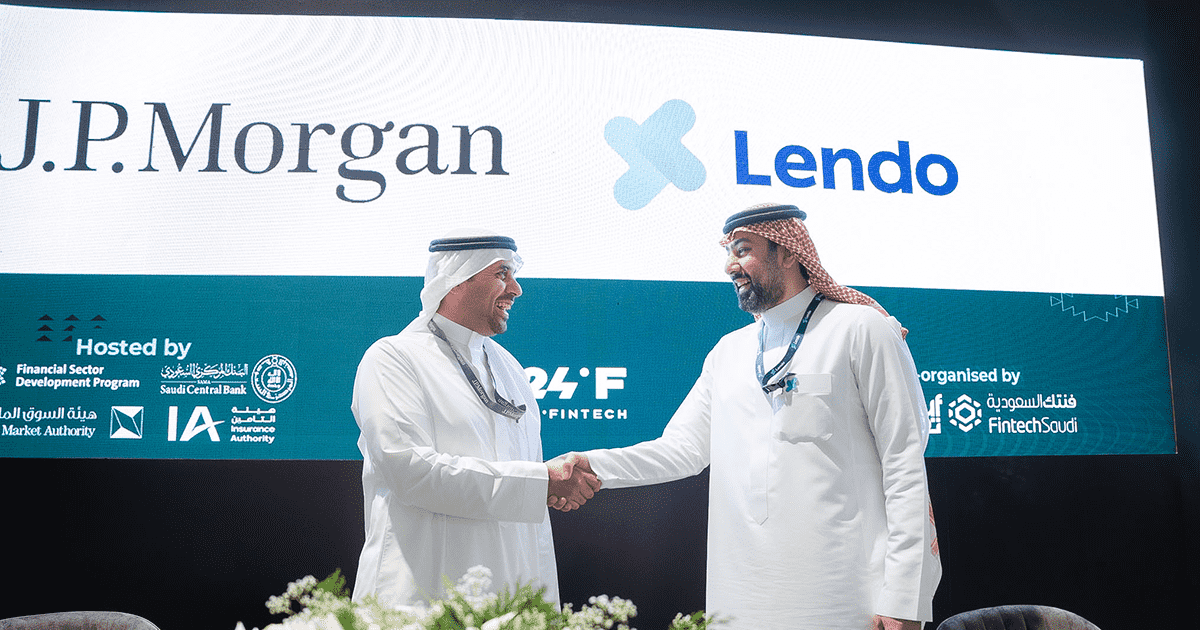If you can’t trust employees to work flexibly, why hire them?

Productivity at the workplace depends on several elements one of which is a flexible working environment. This has been confirmed with several studies with the most recent one being one conducted with the Millennials.
Employees tend to be more motivated and productive when flexibility is enhanced at workplace. According to a survey.
91% of workers interviewed were of the view that a flexible working environment is essential with 92% indicating that if given a chance they will be comfortable working at home. 66% of the interviewees strongly asserted that they are more inclined to work at home compared to a formal office work setting.
Interestingly, none of them was of the opinion that absolute working from home is better.
Despite the above opinions, there are advantages and disadvantages in either working from a traditional office set up or home.
From experience, a flexible working environment can be initiated in any scenario. It is, therefore, the duty of the management to find out the components that can boost flexibility among their employees.
It is not about where someone work but the time and work schedule.
It extends to how employees relate among themselves and with the management.
The result should not only be maximum output in production but the quality of the end product.
It is critical to take note that situation differs with the type of industry or profession; they are specific niches such as advertising where employees prefer to work at particular time to be more productive. It is has been discovered that such workers tend to be productive in the evenings when other employees have left work since they need a quiet environment that is less stressful to enable them to deliver exceptionally.
Flexibility at work
Flexibility at work enable the employees to have a more balanced working life and leave them psyched at all the time. It encourages high energy level and reduced negativity at work as it has a propensity to diminish stress and work conflicts. When workers are allowed to set their own work schedule and atmosphere, they are not only left motivated, but they also feel appreciated.
It has also been found that high employees’ turnover is because of a stressful working environment and mistrust. Organizations that encourage flexibility often have high employees’ retention rate. They are in a position to maintain the best talents.
When the employee’s work schedule is designed to fit their lifestyle a win-win scenario for them, and business owners is realized. After setting targets for your employees, let them work in a manner that will make them attain their goals with their ease.
Trust
Trust them that they will deliver and avoid micromanagement, the best you can do is to set meeting that can be face to face or via a virtual platform such as Asana, Skype, Facebook Messenger, etc… So long as they are delivering the reports to the departmental heads in good time and there is proof that they are productive let them set their work diary.
A recent development at Yahoo that made the CEO to ban employees from working from remote places made most of the people feel that the management had not to trust on its workers.
Such management approaches tend to make potential employees shy away from such companies more so talented and highly skilled professionals. ut of sight out of mind’ mentality should be avoided by employers as it augments mistrust and makes the employees more tensed.
Trust must at all the time be enhanced by employers to make the employees develop high sense of ownership. When workers embrace ownership of the entire operation and production processes, the best outcomes are realized.
Employees should be trusted to manage their own time and even set their targets. Primordial working systems that had master-slave relationship elements need to be abolished at workplace, employees ought to be exposed to a more flexible environment that encourages creativity and productivity.
Companies should strive to design their office spaces to be more attractive to enhance a tranquil and lively atmosphere.
If the workers can deliver high-quality work while working from their homes let them be encouraged to do so without hesitation.
However, the management must be careful to ensure that the environment is exceptionally relaxed as it can result in low performance that can eventually affect business viability and profitability.
The employer should have consultative meetings with their employees to develop a friendly and flexible work plan that both the parties are comfortable with and would make them formulate a mutual understanding and trust.



